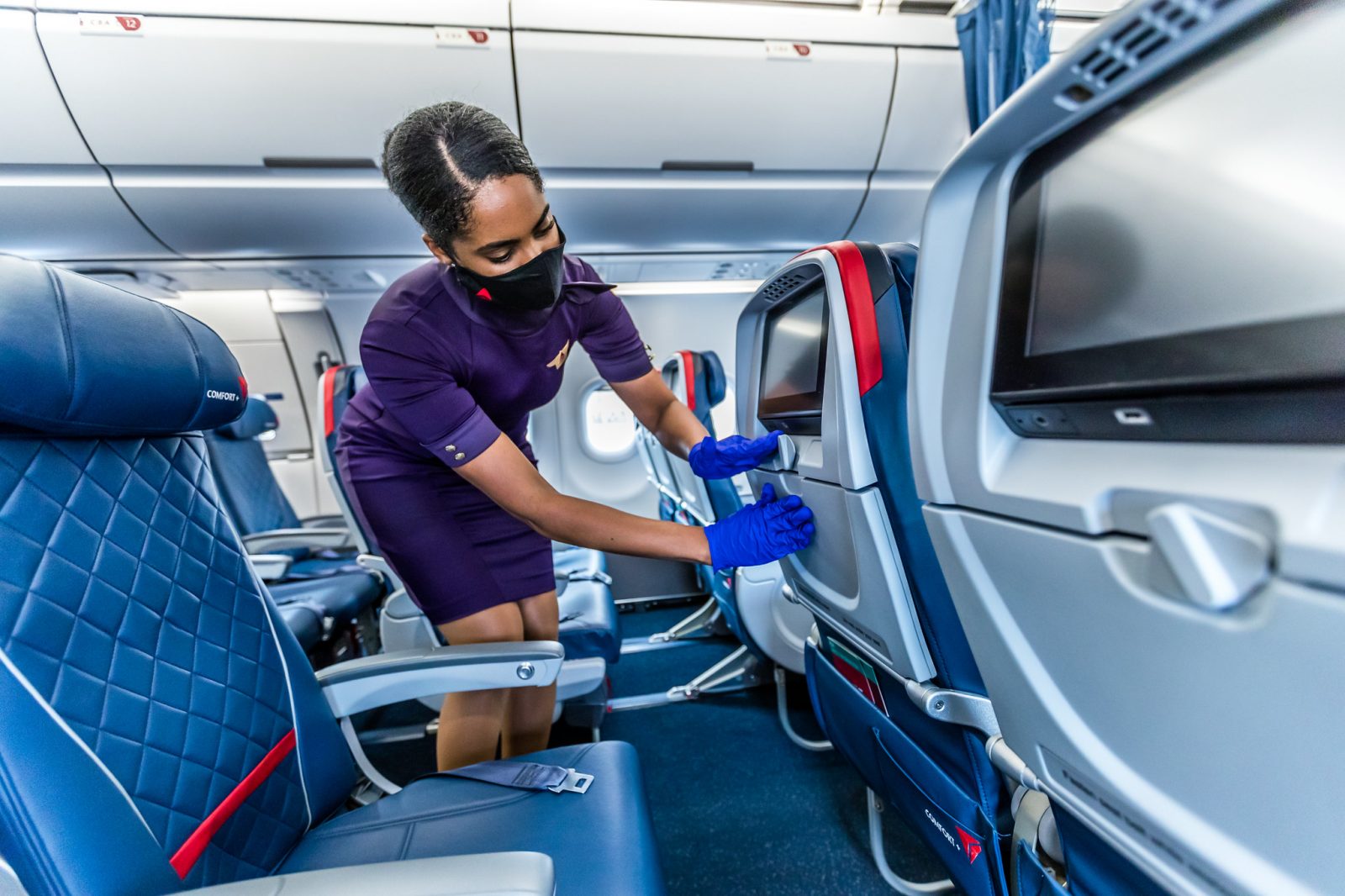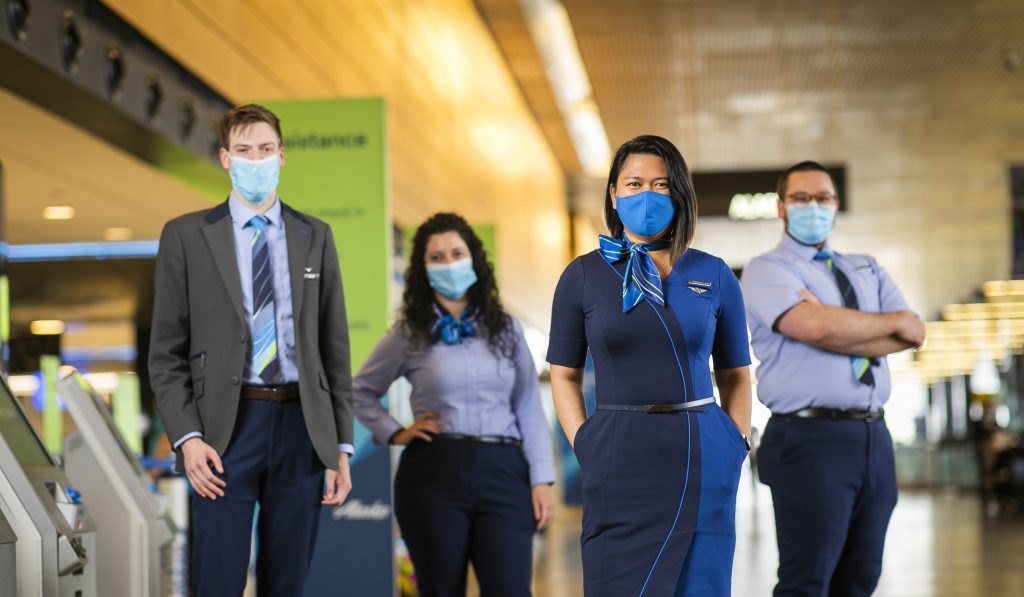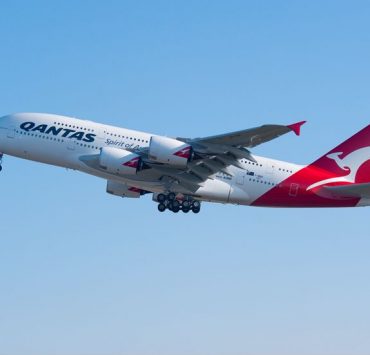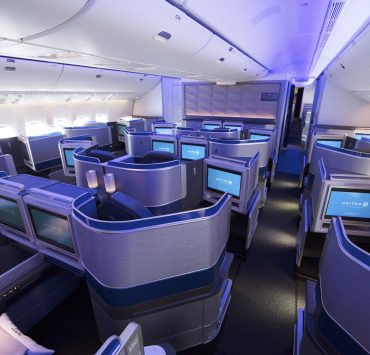
Chief executives from some of the largest airlines in the United States have claimed their flight attendants and other frontline customer-facing staff have lower rates of COVID-19 infection than the general population. Leaders from the likes of United Airlines and Delta are using the data to suggest new anti-COVID protection measures like the mandatory wearing of face masks and enhanced aircraft cleaning prove air travel is safe amidst the novel Coronavirus pandemic.
Atlanta-based Delta Air Lines has carried out COVID-19 testing on its entire workforce over the last couple of months and, while the airline hasn’t publicly released the results yet, Delta chief executive Ed Bastian has claimed for weeks that the infection rate amongst his flight attendants is lower than the U.S. national average.

Bastian backed up those claims again on Thursday, saying infection rates were “meaningfully” lower than the general population. “If the experience of flying was not safe, you’d expect our people to get sick,” Bastian explained at a virtual summit. “We track the health of our people. Our people are meaningfully less infected than the general population.”
Bastian did not, however, provide any statistics to back up those claims.
United Airlines chief executive Scott Kirby, meanwhile, has made a link between lower infection rates amongst flight attendants and the safety processes implemented by airlines since the start of the pandemic.
“At United, but also at our large competitors, our flight attendants have lower COVID infection rates than the general population, which is one of multiple data points that speaks to the safety on board airplanes,” Kirby noted last week.
American Airlines President Robert Isom backed up those claims saying lower infection rates amongst frontline staff was evidence that the “actions we have taken to ensure the safety and well-being of our team and customers are working.”
Since May, many airlines have made it mandatory for both flight attendants and passengers to wear a face mask or other approved face covering. New cleaning protocols including the use of electrostatic sprayers to chemically disinfect planes have also been introduced.
Unlike Delta, seating capacity hasn’t been limited on United or American to enable social distancing by blocking middle seats but both carriers point to the HEPA filters onboard aircraft that refresh and clean the air onboard every few minutes. Clean air is pumped into the cabin from the ceiling and dirty air is quickly extracted through floor vents meaning virus particles don’t have time to linger in the air.
The Association of Flight Attendants (AFA-CWA) which represents 50,000 flight attendants at 20 airlines nationwide claims just 1,000 crew members have tested positive for COVID-19. If accurate, that would mean an incidence rate of 0.8 per cent amongst 122,000 flights.
The national U.S. incidence rate is currently around 2 per cent, although the actual infection rate amongst both populations may be much higher due to a lack of testing at the start of the pandemic and asymptomatic sufferers who don’t know they were ever infected and haven’t been tested.
Sara Nelson, president of the Association of Flight Attendants, has applauded the airlines for the safety measures they’ve put in place saying the low incidence rate amongst her members “is evidence that the policies that have been put in place and the practices that have been put in place have helped to really decrease the risk of spreading coronavirus”.
Despite the assumption that air travel carries a high risk of being infected with the Sars-Cov-2 virus, multiple studies have shown the risk is actually very low, even when there are symptomatic passengers onboard. A technical bulletin from Harvard’s T.H. Chan School of Public Health concluded the widespread use of face masks made air travel even safer.
“When the use of masks is implemented with other measures built into aircraft operations, such as increased ventilation with HEPA filtration in the aircraft and disinfection of surfaces, these layered interventions offer significant protection from acquiring COVID-19 through air travel,” the researchers wrote.
Of course, flight attendants don’t spend all their time at work which would suggest that there may be other factors for the low incidence rate amongst airline employees including possible lifestyle differences with other populations.
Mateusz Maszczynski honed his skills as an international flight attendant at the most prominent airline in the Middle East and has been flying throughout the COVID-19 pandemic for a well-known European airline. Matt is passionate about the aviation industry and has become an expert in passenger experience and human-centric stories. Always keeping an ear close to the ground, Matt's industry insights, analysis and news coverage is frequently relied upon by some of the biggest names in journalism.









